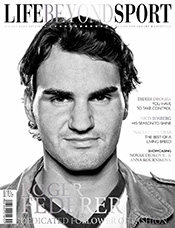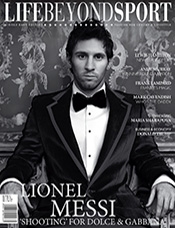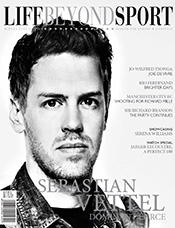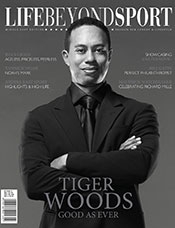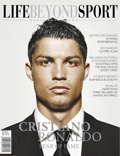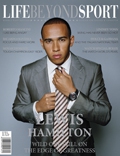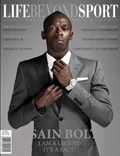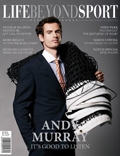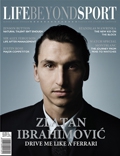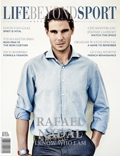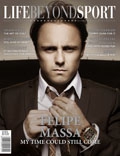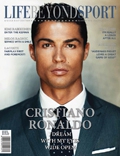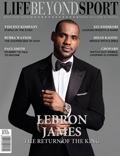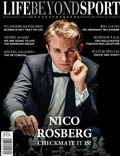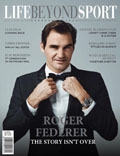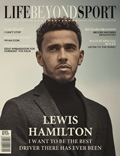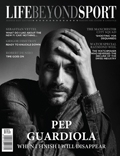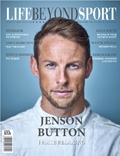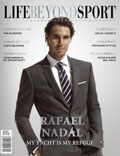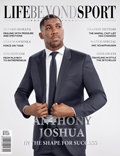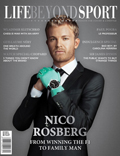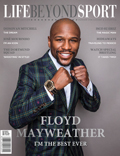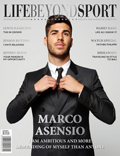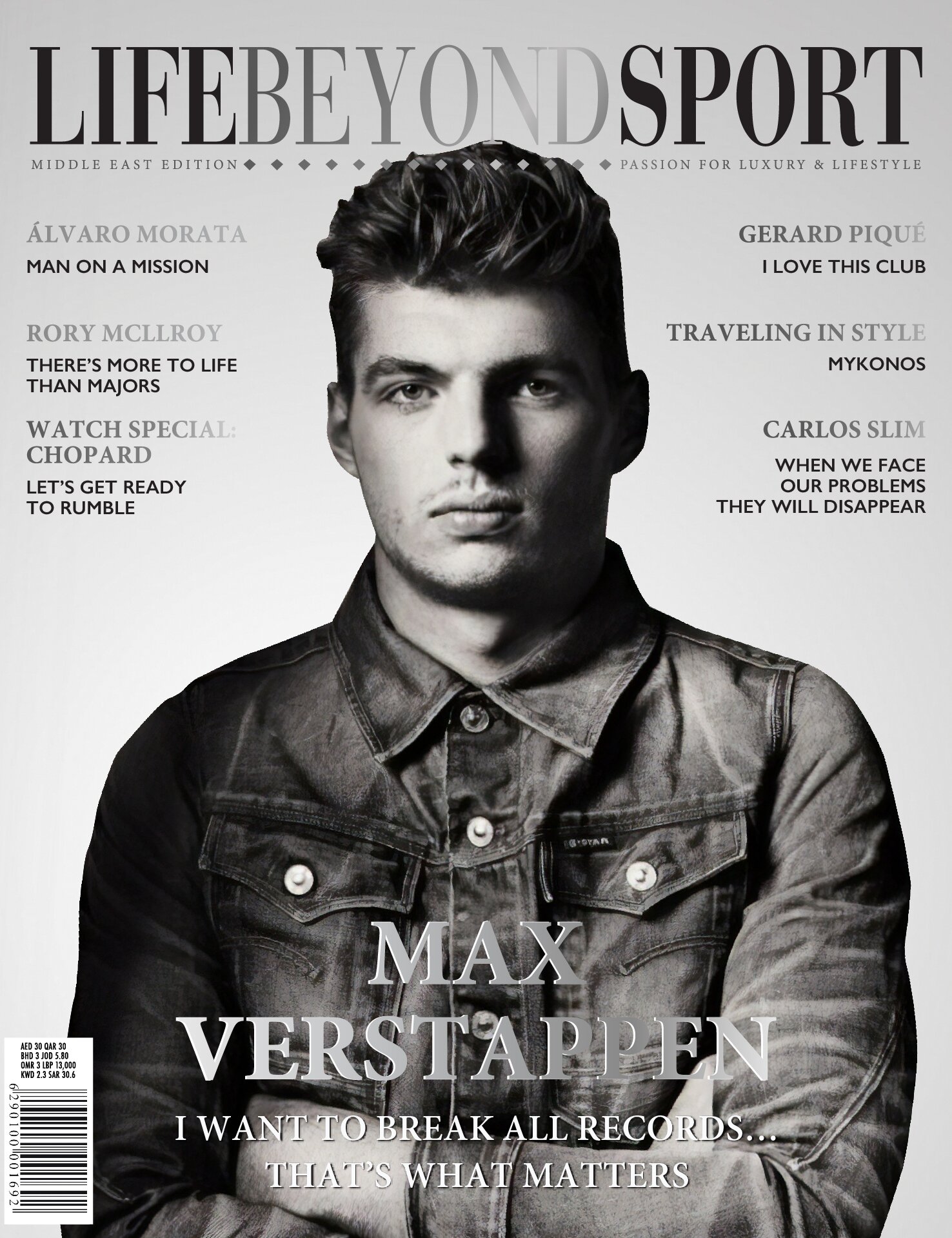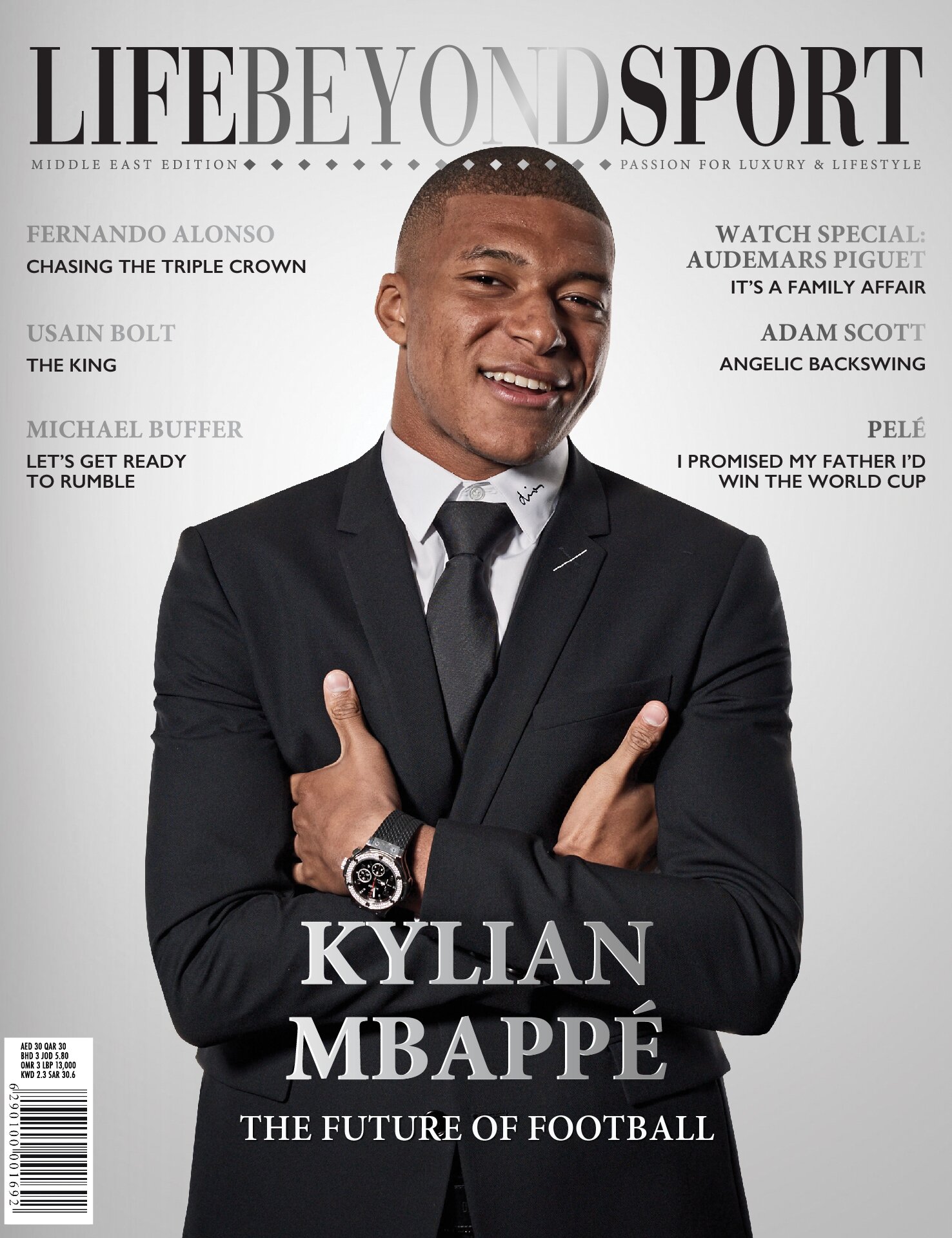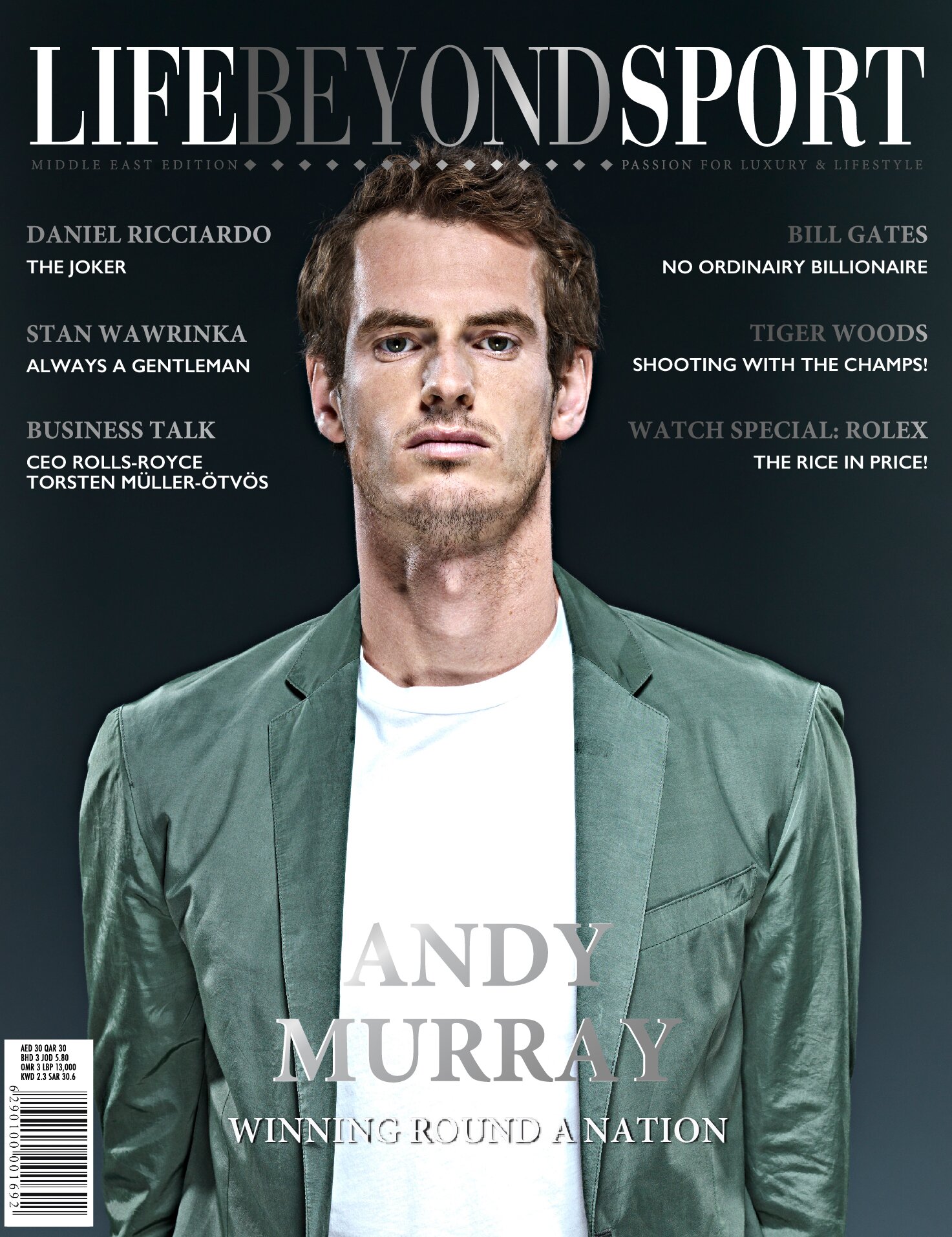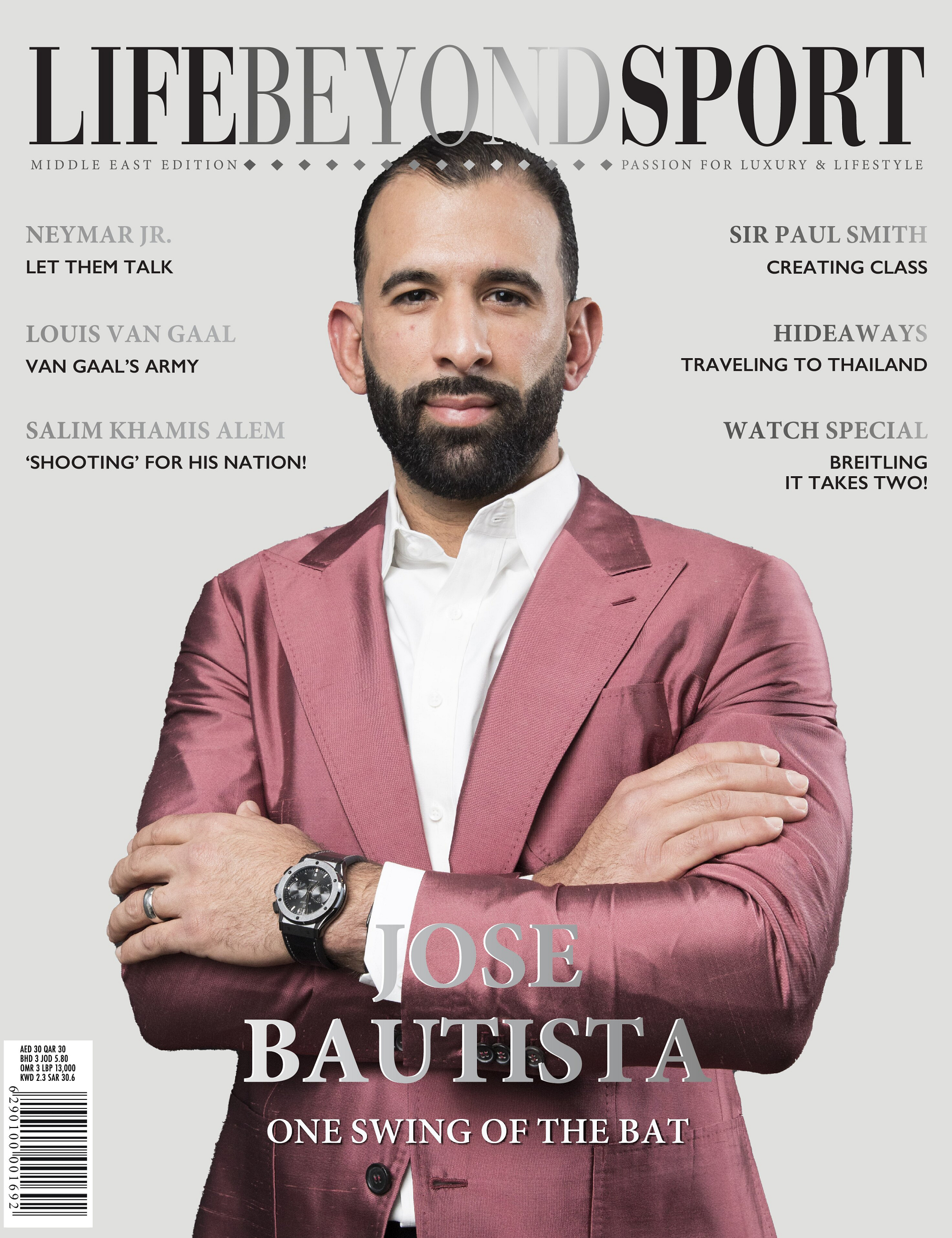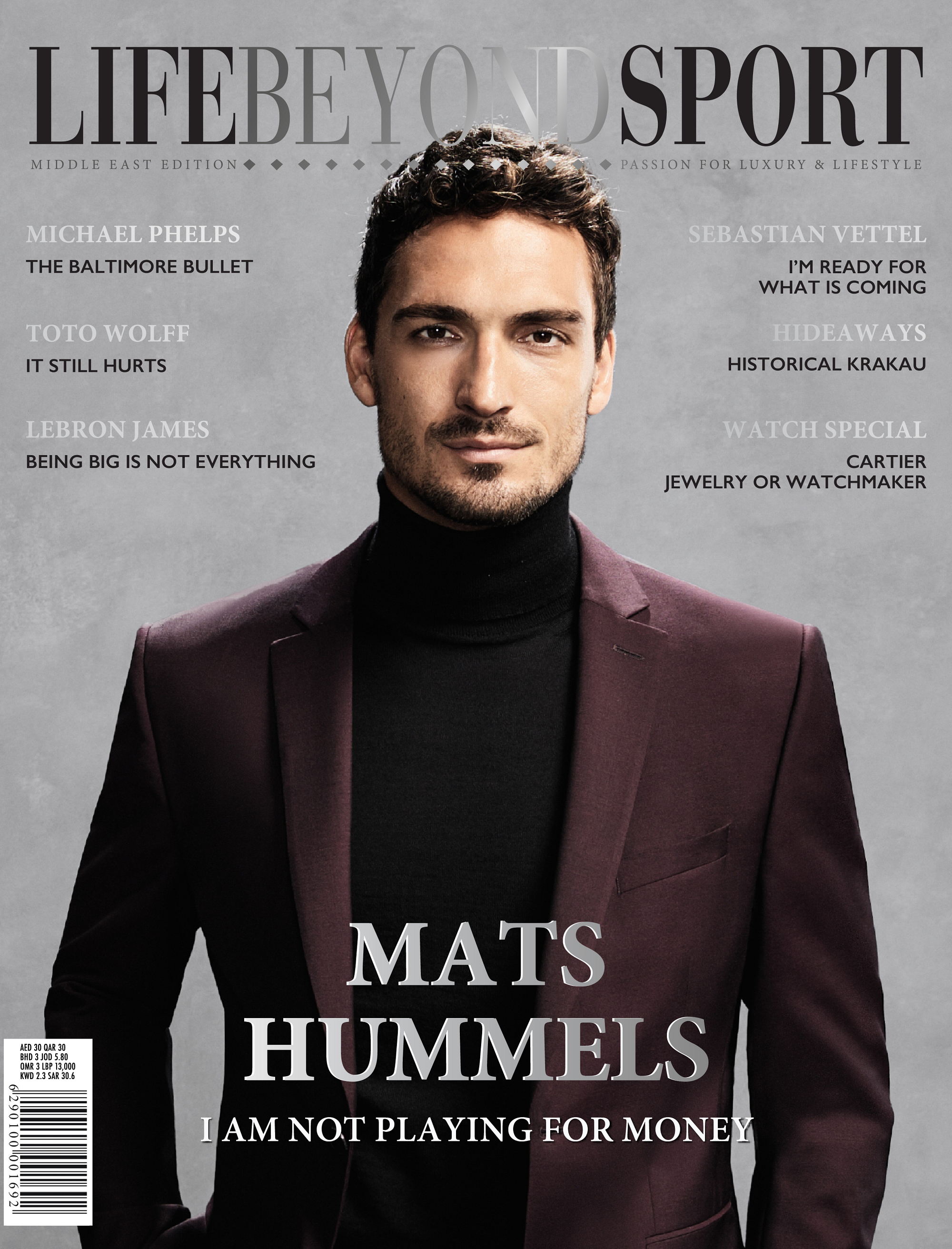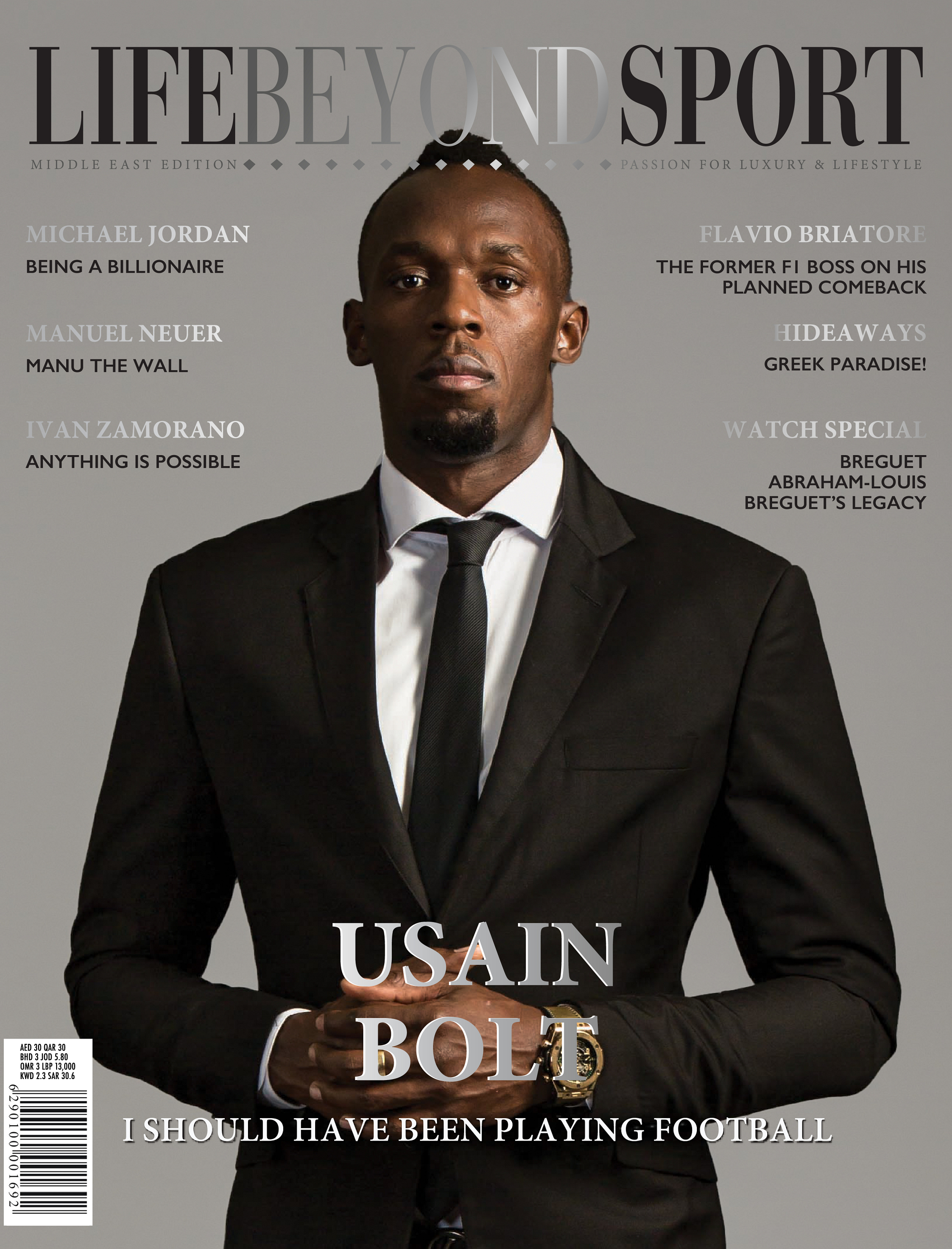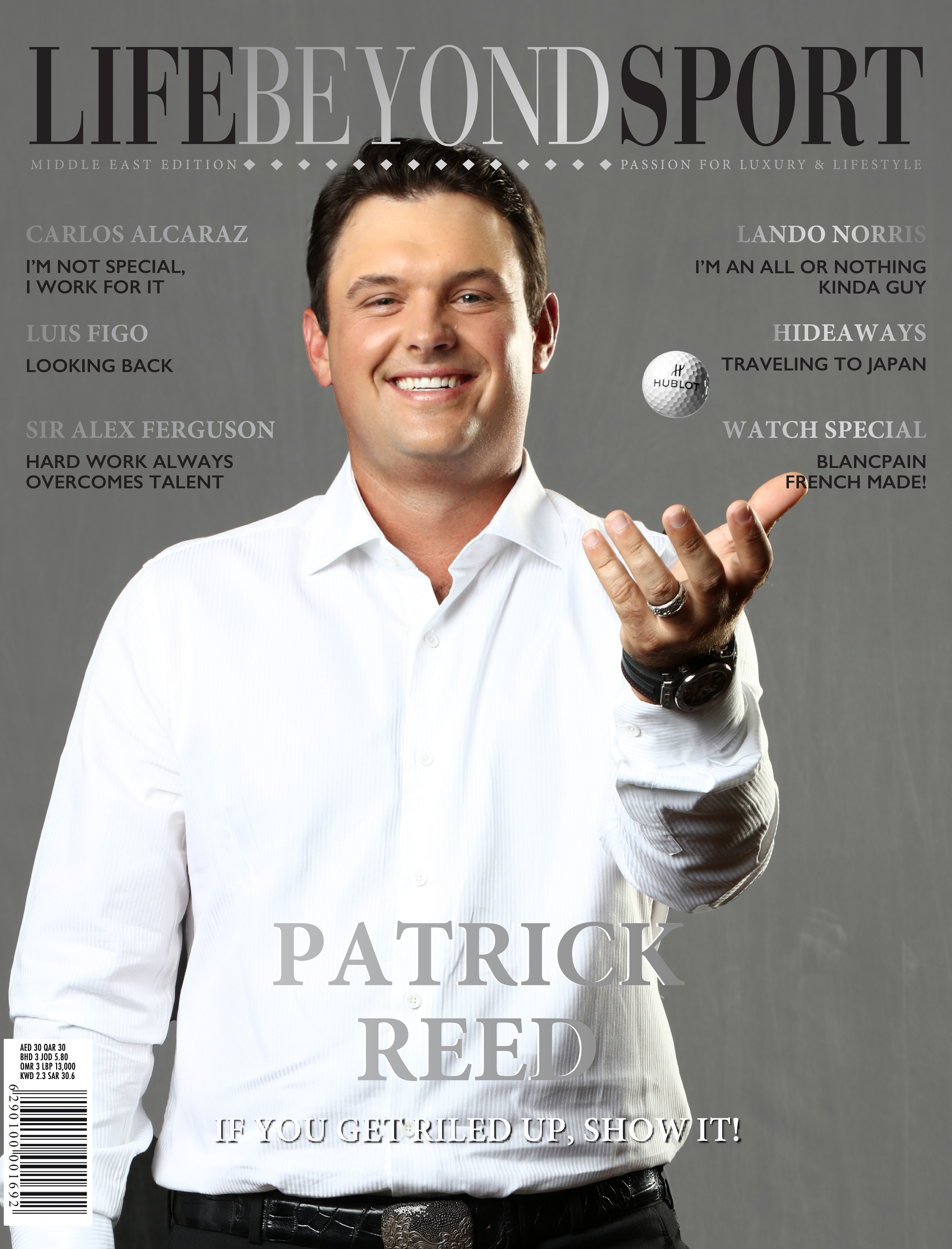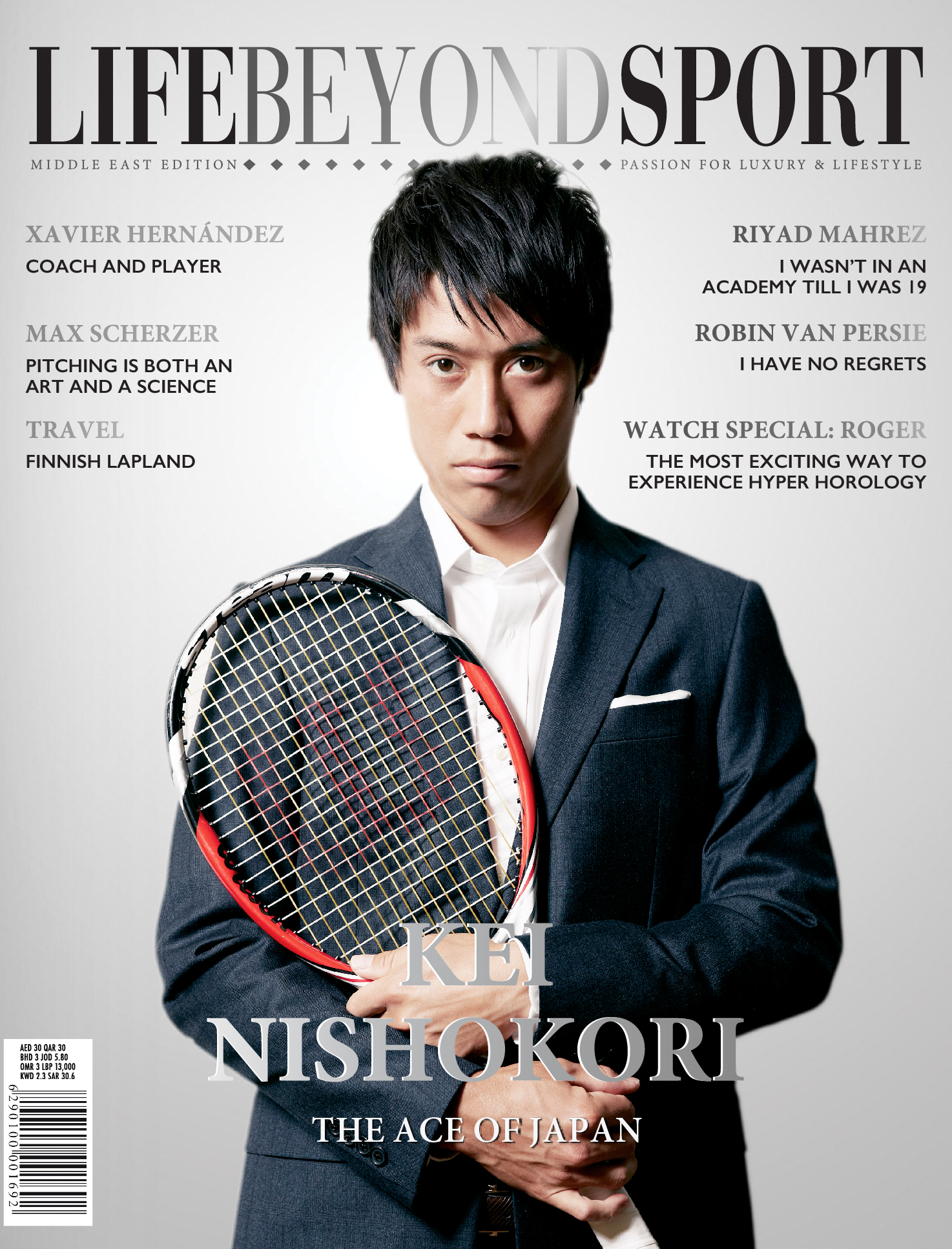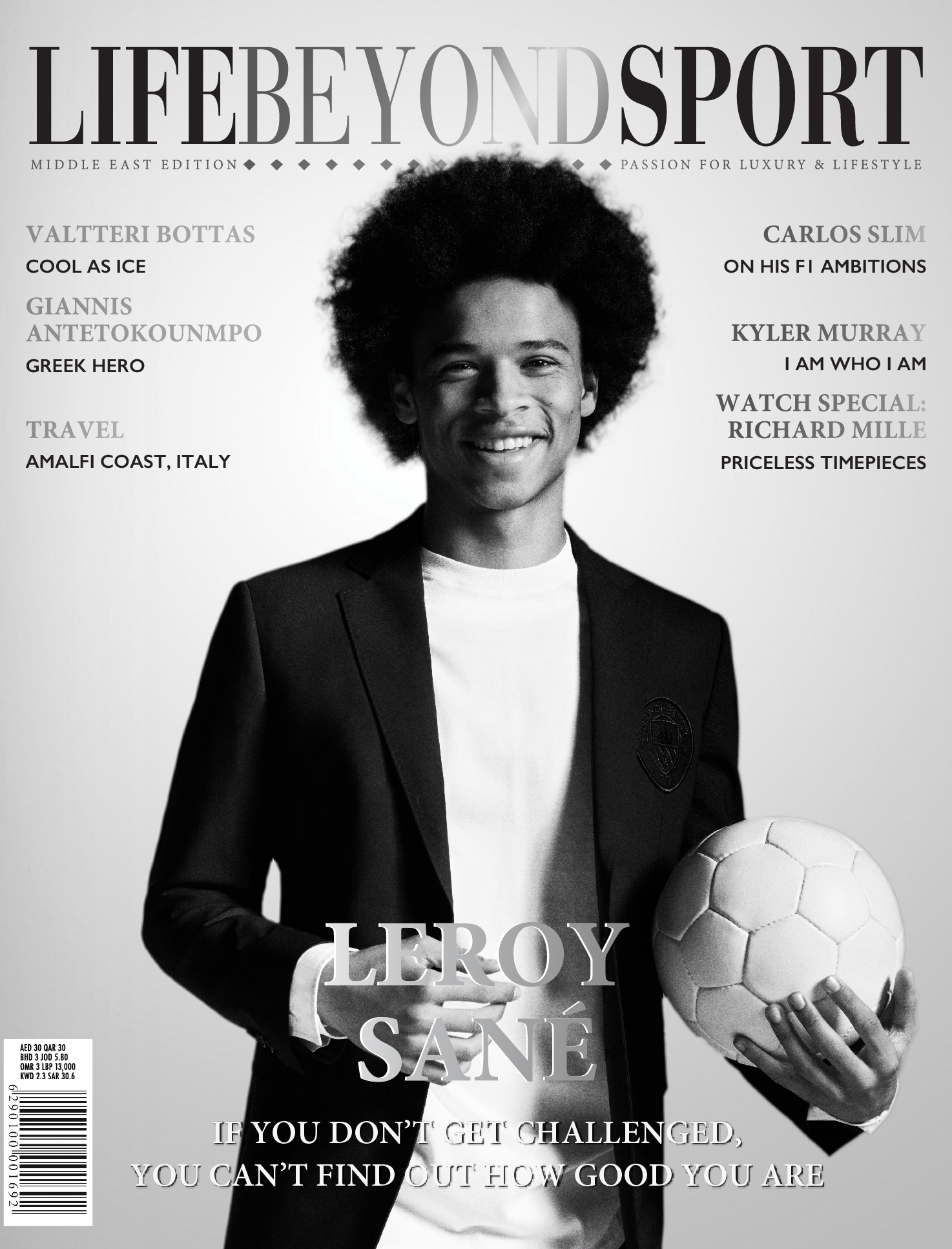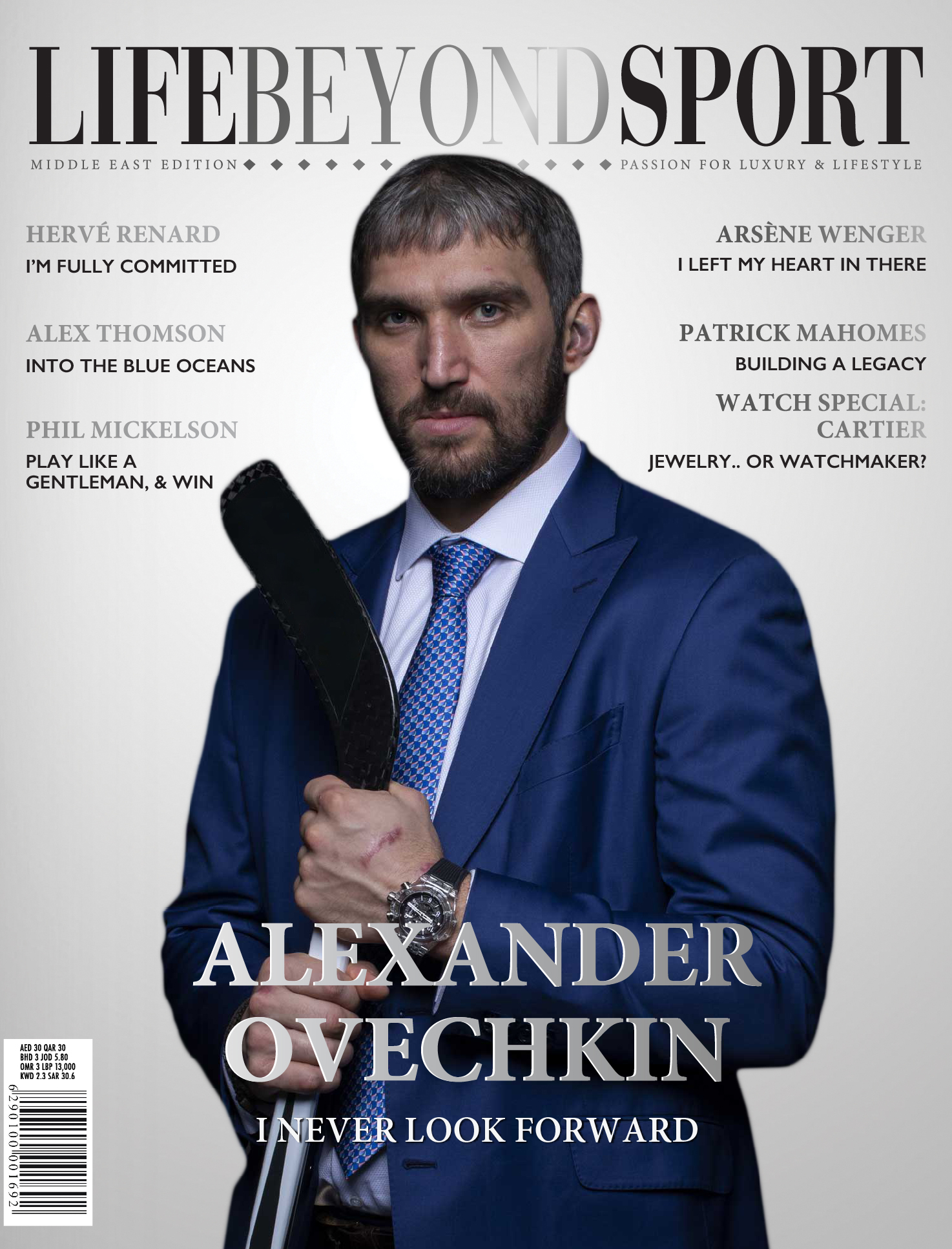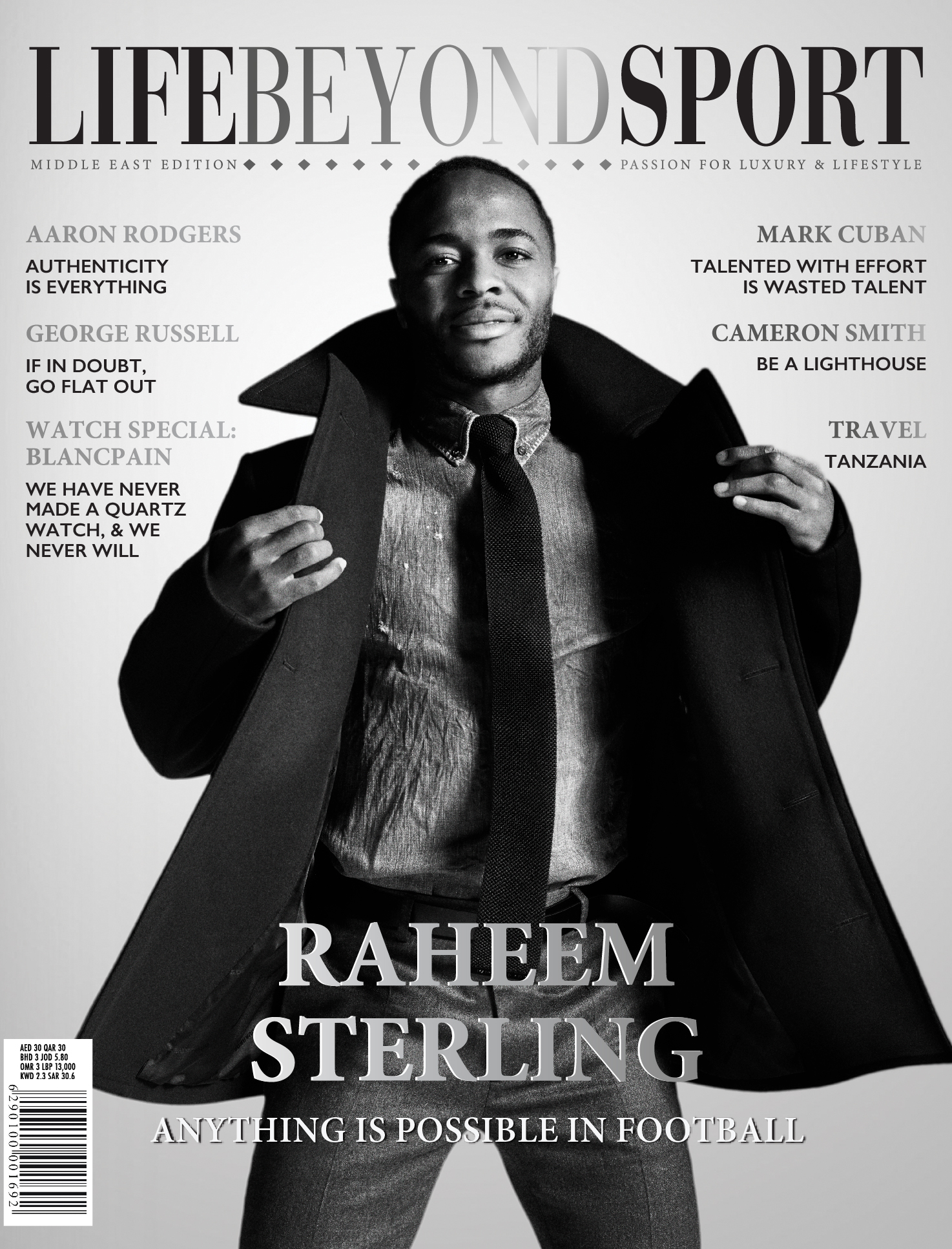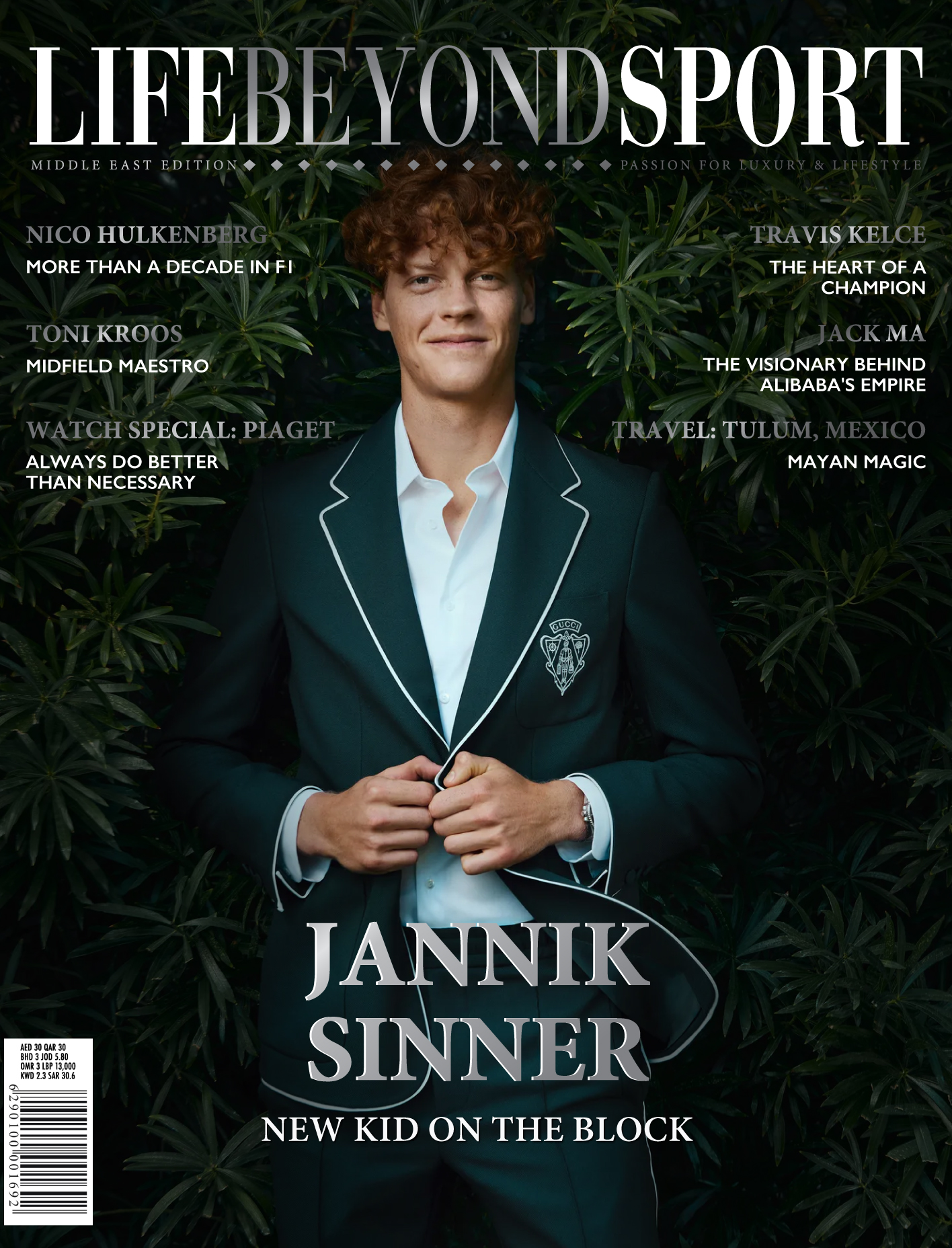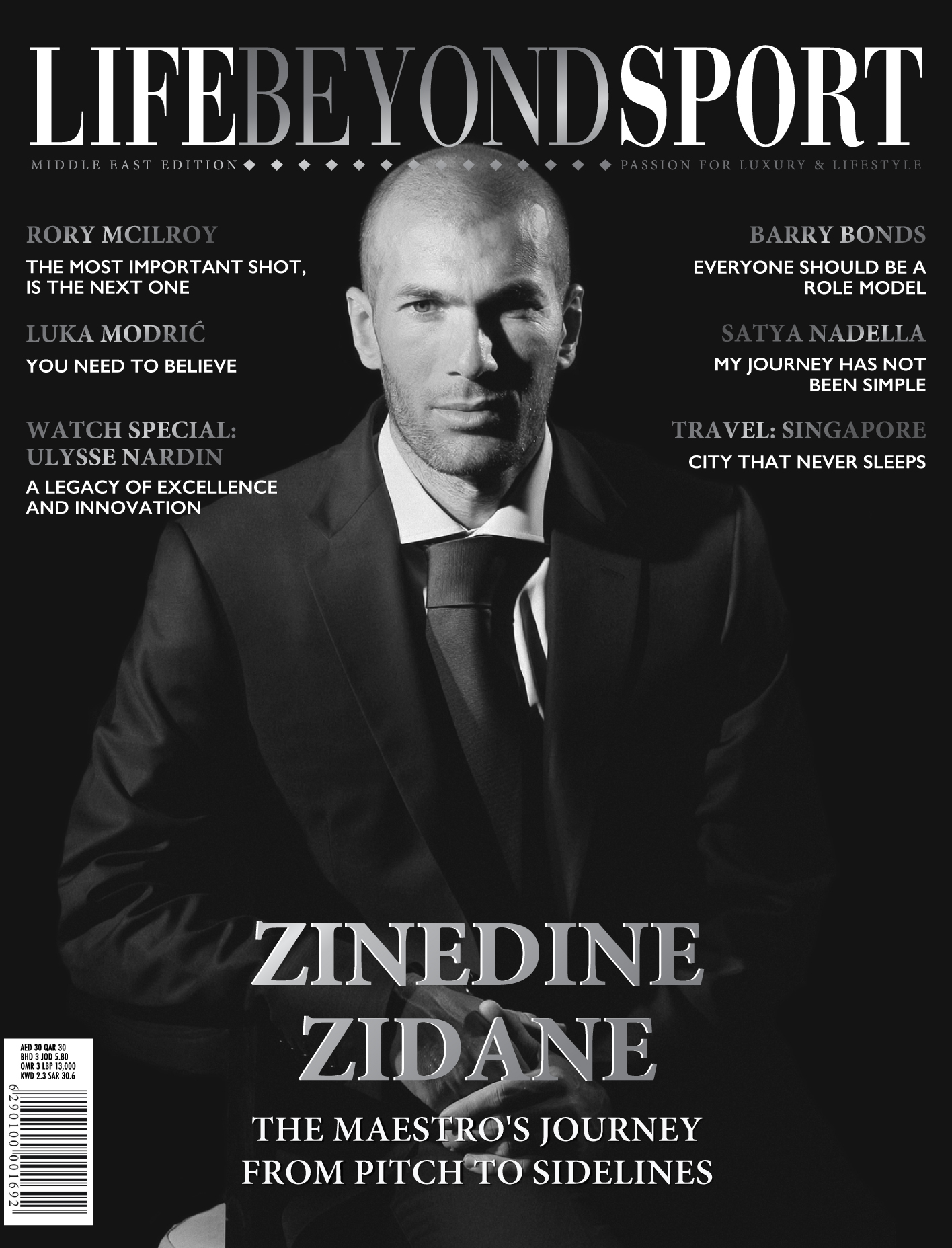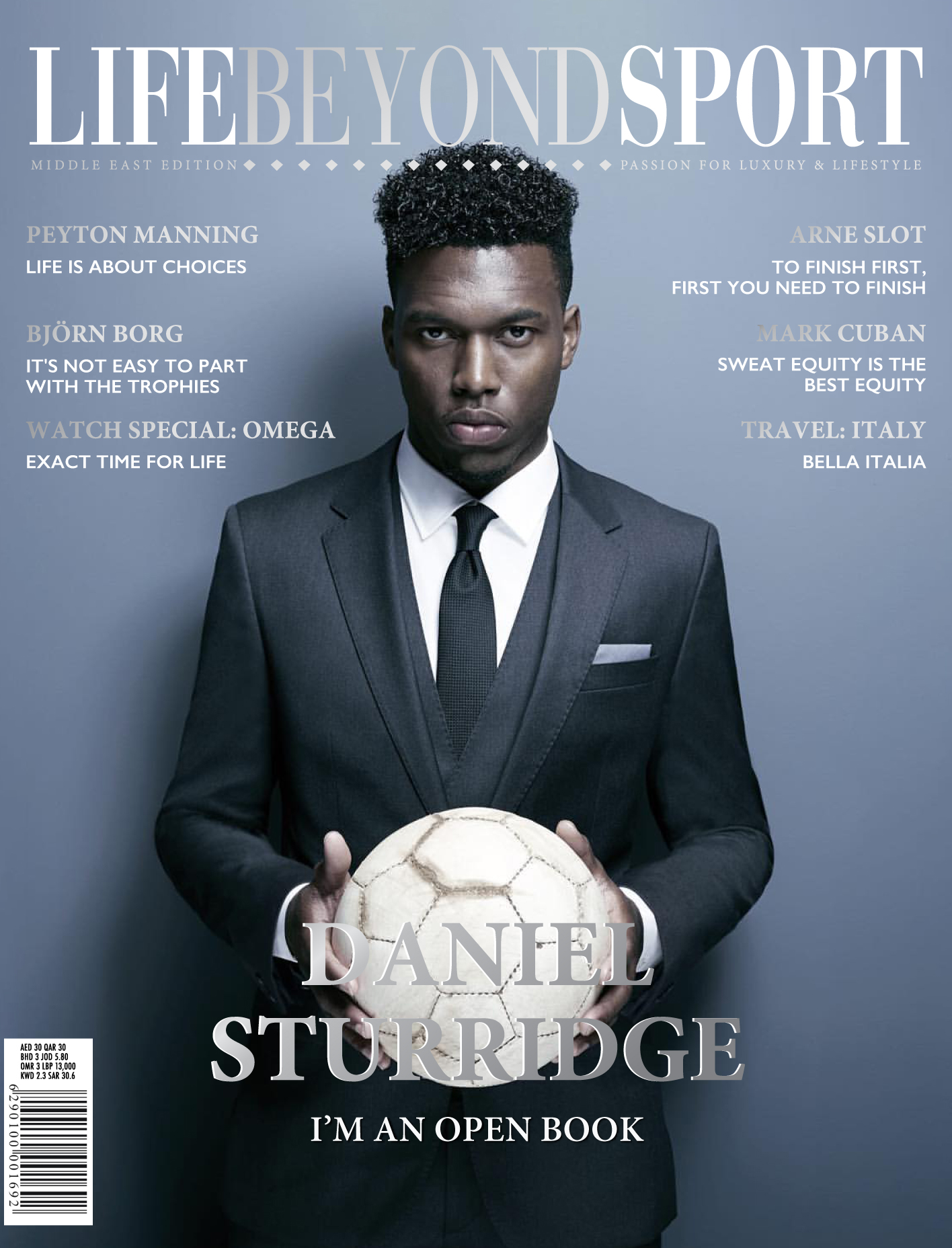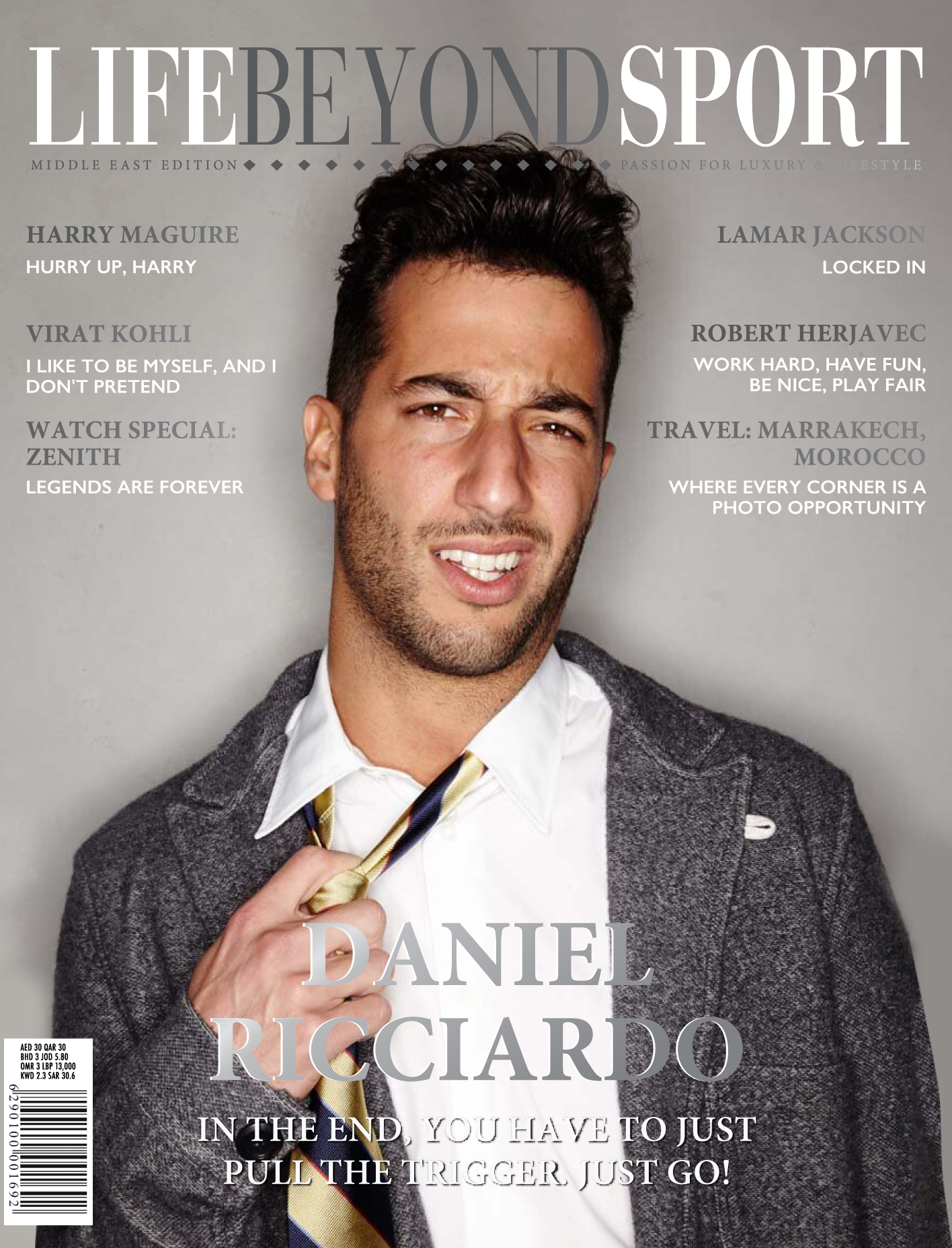What does a professional footballer with an IQ of 150 do in his spare time? He writes children's books, of course.
There had been some hope that Chelsea footballer Frank Lampard would agree to pose for this shoot while clad in pyjamas. However - despite the pyjamas being silken and Dolce & Gabbana in provenance, a footballer-luring proposition if ever there were one - Lampard categorically refuses. He's embarrassed about saying no. Non-compliance is not his style. "I'm not a diva like that," he says. But he will not be swayed.
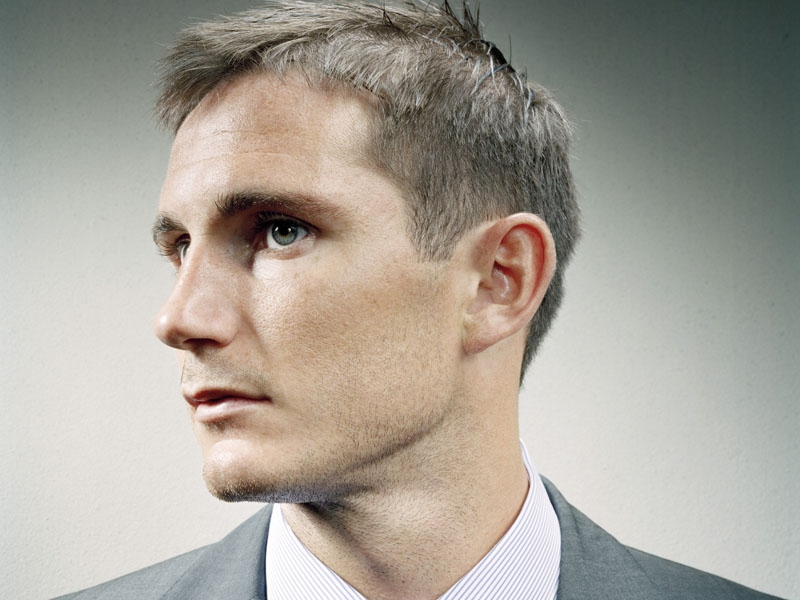
"It's a bit Hugh Hefner-ish, you know?" Lampard says, when the shoot is finished, the pyjamas have been packed away and Lampard is safe, back in his own jeans and a (somewhat surprising) matelot-striped top, with a button detail along one shoulder. "Not really the look I'm looking for. Kids' books. You know."
Lampard is promoting his children's book called Frankie vs the Pirate Pillagers. It's part one in a six-book franchise that goes under the umbrella title Frankie's Magic Football. He came up with the idea for the series three years ago, he explains, while reading bedtime stories to his daughters - Luna, now 8, and Isla, 6. "If I'm honest, my youngest is kind of into football, she's more interested in it, but my oldest isn't too much. So that's why I wanted it to be about football, but with a bit of a sense of adventure, so it wasn't solely for boys."
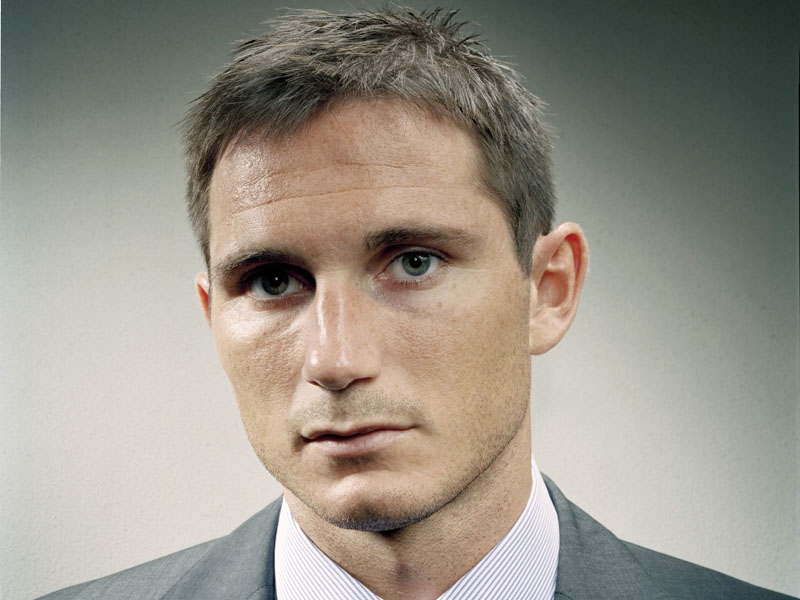
Lampard's name is inscribed, in big letters, across the top of the book, the main character in the series is called Frankie and it would be ungenerous to question whether Lampard did truly write Frankie vs the Pirate Pillagers but I do. The book is deft and well-structured: a magic football breaches the space-time continuum and takes Frankie and his friends into assorted fantasy worlds, where they must play high-stakes matches against pillaging pirates, etc. It does not bear the clumsy hallmarks of anyone's first attempt at fiction, never mind a footballer's.
Did you physically sit down and write this book, Frank?
"Yes," he says, loudly and distinctly. He does concede that his editor, Michael Ford, "was brilliant with the finishing touches". But, "All the characters were mine. I sat on them, on the whole set-up, for a couple of years. I didn't have the balls, I didn't actually have the balls, to do anything with it. Football's been my life for so long, and the idea of going off, of going in a different direction, because they could get panned! People could speak badly of it, or say: just because he's a footballer, he's had a chance to get this out. "But I made loads of notes. I have a little diary, which I always have, because we spend hours and hours travelling. Lots of people play computer games. I don't play computer games. I don't play golf. I do watch the occasional TV series on the iPad, like Homeland. I wrote them down. A complete mishmash in the beginning. I had stories in my head of how I wanted it to work, and little messages I wanted to get across, and that was where it was."
But perhaps I'm missing the point in questioning the extent of Lampard's input in the book.
Perhaps the only important thing about Frankie's Magic Football is that it represents Lampard's first foray into a career, and a life, beyond professional football.

Frank Lampard has been playing the game for almost 20 years. He began his career at West Ham, the club at which his father, footballer Frank Lampard Sr, made his name; Lampard Jr joined its youth team in 1994 and signed a full contract the following year. He was 16 years old and inclined towards puppy fat; the fans called him Fat Frank (they still do, although he is now broad and lean, and surprisingly tall). “They criticised me a lot, and it was generally because my dad had been at the club and they thought it was nepotism.It really overpowered me, to the point that it was detrimental to me. It bothered me."
But Lampard proved himself; in 2001, when he was 22, he signed for Chelsea, the club at which he has spent the past 13 years. Chelsea's fans "really took to me about the second year, and it really felt great"; at this point, following Lampard's years of devoted service to the club, their adoration is pretty much unstinting. Is it important to him that he's adored? "It's the one thing I will never ever tire of," he says.
And now Frank Lampard, 34 years old, knocking on in what he himself refers to as "footballer years", can bask in another year of adoration with a new contract. His old one, worth £150,000 a week, ran out at the end of the 2012-2013 season. "My career was actually at a bit of a crossroads, up in the air," he says. And, indeed, there was some doubt that he would remain at the club he has served for more than a decade, with rumours that he might head to the USA and join David Beckham's former team, Los Angeles Galaxy.
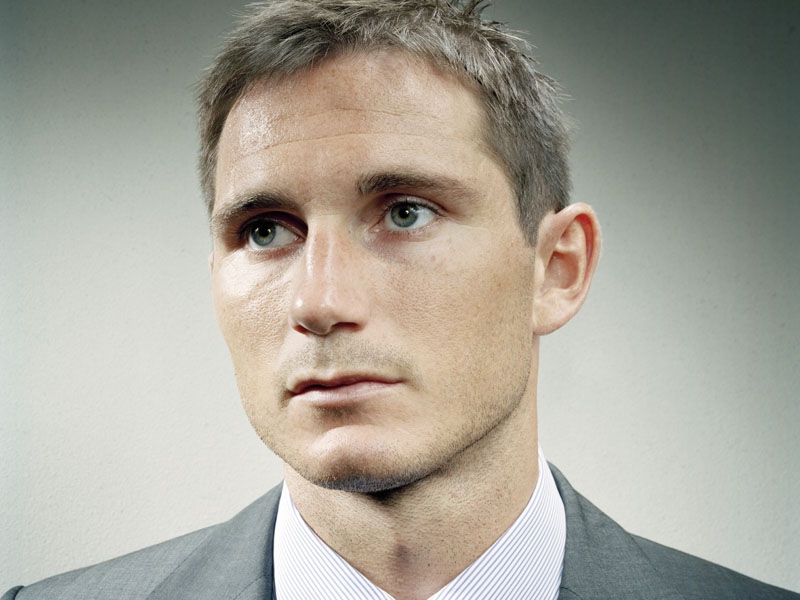
Tense supporters reacted furiously to the club's refusal to recommit to him. Every time he scored the fans chanted, "Sign him up! Sign him up!" "Which was nice to hear," Lampard says. "Because if they wanted you out, it'd be a different story. They'd let you know. They always do."
Is it frightening to imagine a Life Beyond Sport, I ask him. "I'm chilled out about it. You do tend to come to terms with it, with age. There's an awareness, which grows. And you change. I've had phases. Phases where you want to be a manager. Phases where you get to 27 and you're pissed off with things and you think, 'I want to finish when I'm 32.' And you go past 30 and you think: 'I want to keep playing as long as I can.' Funny how that happens with age. So it will be interesting. My life without it."
Before I met Lampard, I asked an assortment of football journalists, and fans of teams other than Chelsea, for their views on the player. They all respond with some variation on the "very good bloke" theme.
Part of the reason Frank Lampard is so widely liked is that he is considered uncharacteristically level-headed for a representative of his profession. He is not noticeably egotistical, for example. Does he think of himself as a big-name footballer? "I'd never say it out loud," he says. "When I go on the pitch, I try to think like that. And then, when I come off the pitch, I try not to. You need confidence, and you need arrogance. Slightly. In a nice way. But there's a distinction. Afterwards. Switch it off."
I ask Lampard for his perspective on Luis Suárez biting Branislav Ivanovic on the pitch in the middle of a Chelsea-Liverpool game, and he talks a lot, without really taking a view. "I feel a bit sorry for people sometimes that make an instinctive move on a pitch"
But biting someone? That's nothing you'd ever do, presumably? "I don't think so, but we're not all the same. So I don't want to judge too much. I have done things in my life, or my career, that I certainly would regret after. I haven't bitten anyone. But everyone's different."
Like what? "I remember making a mistake when I was about 19. I won't go into it." Go on. "No. I won't." Off-the-pitch stuff? "It was." (Some light googling suggests it involved Lampard, Rio Ferdinand, Kieron Dyer, a group holiday in Ayia Napa and some sex tapes.) "And I was a naughty boy at the time. I was young and silly, and I remember my mum ringing me up, and my mum was never really one to. Oh, she'd tell me off, but this was the first time I'd ever heard my mum really disappointed on the phone. She was disappointed in what I'd done. That stuck with me."
Had she read it in the paper? He laughs. "Well, I wouldn't have told her." I ask him if he thinks morality issues surround the culture of professional football. Without hesitating, he says, "I think there are issues with morality in life," a fair point, which reminds me of another reason Lampard is liked: he is bright. He worked hard at school, he got 11 GCSEs, among them, an A* in Latin. "Amo, amas, amat," he says.
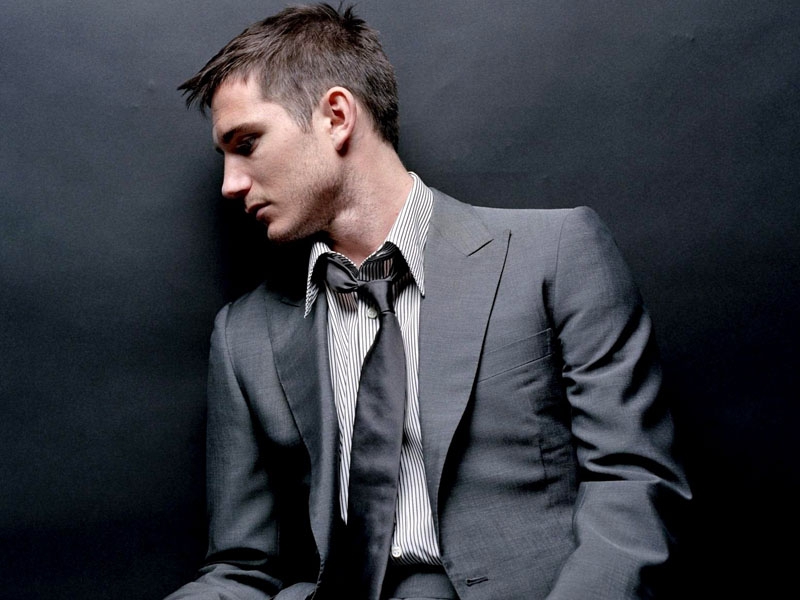
In 2009, when the Chelsea squad underwent IQ tests, Lampard scored 150 points: a genius,
Mensa-qualifying figure which, one newspaper noted, was up there with Carol Vorderman's.
Did you know you were that bright? "No," he says. 'And I'm never going to take [an IQ test] again. They've got an app now as well, Mensa; someone had it - 20-minute test and it gives you a number. I didn't want to do it. I said: I'm retired. I'm pleased, because the doctor who done the test was just speaking out loud to someone about it, and it came out in the papers. I didn't even have to leak it."
As well as being bright, Frank Lampard is rich; years and years of Premier League salary can do that for a man. Last month's Sunday Times Sporting Rich List cited his personal wealth at £38 million, and ranked him 26th among Britain's 100 wealthiest sports stars. "Yeah. So. That's nice." Is it weird to be so wealthy, when the global economic crisis means so many others are struggling?
"I'm certainly aware of that. And I'm not the sort of person who would ever scream from the rooftops about what I earn. It's not for me. I am very much of a mindset of, the minute youshow off, the minute you are overspending or taking the mickey, as I see it, then you get kicked in the" he drops his voice, for fear of offending me, "balls, down the line. But whatI would say in footballers' defence is that it's not their fault. If a club's prepared to pay, you're only as good as what a club's prepared to pay, and" You're not going to say, "No thanks." "No one probably would."
He owns a Ferrari: "A Ferrari is my one thing. I don't spend voluptuously on a million things." He learnt relative parsimoniousness from his father, "who used to drip-feed pocket money"; Lampard Jr is trying to pass that on to his daughters. "With a footballer and doing quite well, it'd be easy to give them toy Ferraris they can drive around the front room. I wouldn't want them getting that kind of an idea on things. The other day, they cleaned the car for two quid each. It was a great deal!" He cackles. "They was over the moon! They did really well actually. They got £2, bought an app with it."
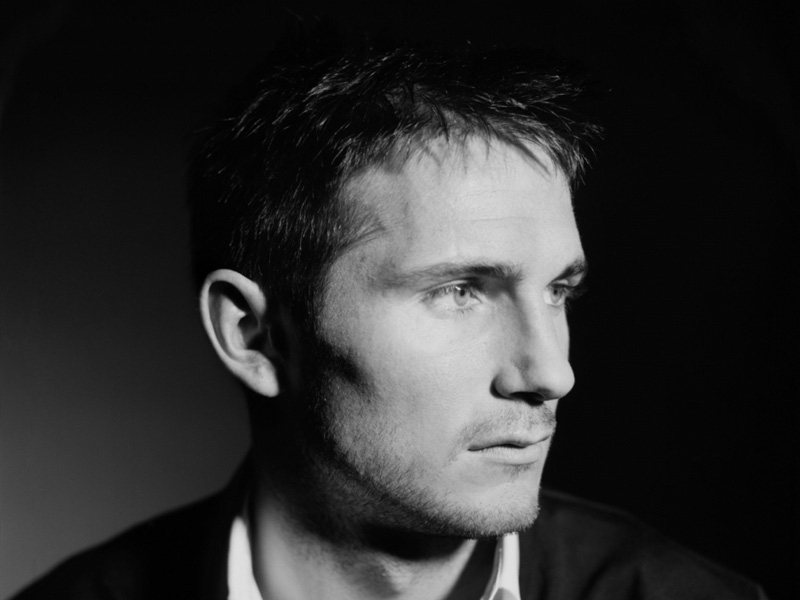
Lampard invokes his daughters often. I hear him discussing developmental stages with the Times stylist in a break from the shoot. Lampard broke up with their mother, Spanish model Elen Rives, in 2008. The couple had been together for seven years and were engaged to be married. Neither one has spoken about the reasons for the split, although rumours about infidelities on Lampard's part were cited. In the grand scheme of footballers and marital strife, theirs was a relatively quiet, sad split. When radio talk show host James O'Brien launched into a polemic live on air, suggesting that Lampard was behaving carelessly towards Rives and their daughters, Lampard rang in, telling O'Brien that he'd fought "tooth and nail" to save the relationship and adding, "It's breaking my heart. Do you think I'm happy?"
What's your approach to fatherhood?
"I'd like to think I'm hands?on. I love the school run. I love doing the basics. I have them two days a week, and every other Sunday. Two and a half days a week. It's very good consistency for them. Obviously, in an ideal world, it would be different."
Was he concerned about the impact of the break-up on the girls?
"Of course, and it's not something you expect. But it's certainly better for me, as a dad, than what it was before. And having moved on in my own life, I can give them much more of my time. I think I've improved, as a dad. My youngest was a year and a half, when I" He fades out. "So there's a lot to take on that you don't realise. To be a single dad. Because us dads, we're not necessarily perfect at dealing with girls' things, as well. My oldest now wants to play with make-up all the time."
Does that freak you out?
"A little bit. Teenage years scare me a bit. But we'll deal with that."
Lampard is now in a relationship with the television presenter Christine Bleakley. The couple met in November 2009; they announced their engagement in 2011. Reports in the press have claimed, opaquely, that a planned summer wedding has been "postponed for the foreseeable future". Bleakley wanders into the photographic studio as the shoot is finishing; she sits down in a sunny patch of courtyard, but when she realises that the interview will be taking place in close proximity, she excuses herself, telling Lampard she will wait in the car.
Are you going to get married this summer or not, Frank?
"No, we're not," he says; and he sounds more cross, less patient, than he has at any other
juncture. "And people keep talking about this, people are saying we've postponed our wedding, but we never had a wedding planned for this summer. We were looking at different times when we could do it, and there's been loads of gossip. I know what's happening: people are saying there's a wedding so they can say we postponed it so they can say we're breaking up. And we're very content in our lives. My career is actually at a bit of a crossroads and I want to do a nice wedding. Not a big fancy one; a private one. But I didn't want it to be at a time when things might be happening in my career. It would have taken the sting out of it and the edge off it, because it's a very pivotal moment for us, potentially."
Are you romantic?
"Erm, I think so. I think I'm quite loving."
I ask Lampard if he misses his mum. Pat Lampard died, quite suddenly, in 2008 of pneumonia; Frankie vs the Pirate Pillagers is dedicated to her.
"Very much," he says. "I miss her voice. I miss her presence. I was 29. So young. And it was so unexpected. I didn't know. I was supposed to play a game. I got called back. I had about 15, 20 minutes with her before she went into a coma. And that was it. And she was in pain; and piped and tubed up. So I didn't have any time really. Just a hold of her hand."
He says he can't really remember the year that followed Pat's death; he was playing "a lot of important games; kind of a robotic thing". He didn't get therapy - "I try to therapise myself. Therapise. Is that a word?" - but he did get God. "It gave me a little bit of strength. There's a church near my house. We train on Sundays, but I'll go, on my own, in the week. Or Christine and I will go." He pauses. "It's five years ago. She was my best friend."
Has he got over it, in any real sense?
"You never do. There's an aftershock that comes through the rest of time. I'm a different person. I'm probably tougher, colder. It's one of those things, where you're hurt so badly. It's the most I could have been hurt. And once that happens, a lot of things that hurt you before don't hurt you so much."
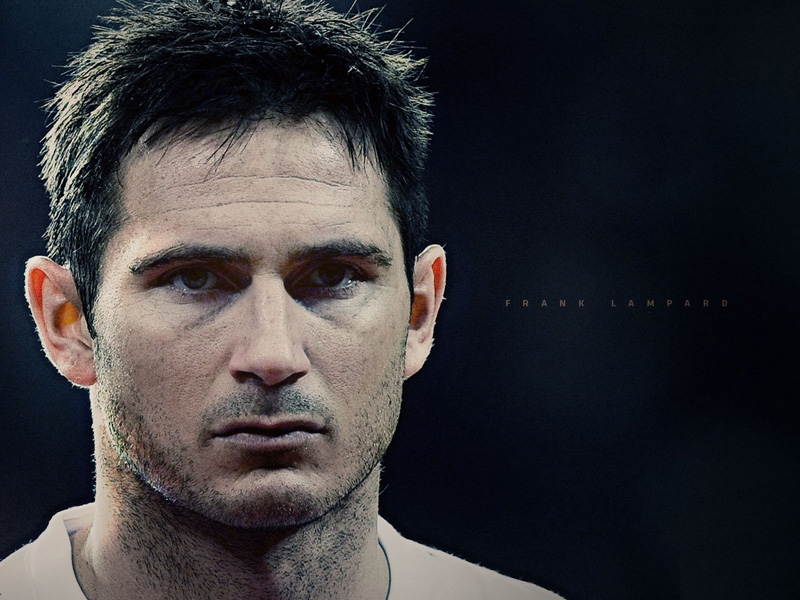
I am surprised to hear him become so emotionally honest, so easily; I hadn't expected it. "I'm a thinker," he says. "I chew on things. I think about things. That's probably why I had an extra hard time with mum. Because. Thinker." I tell him I don't think he's like other footballers. "No, because I don't think people delve enough sometimes. I think people look at the outside of footballers, and don't look at the personalities underneath."
Are you telling me footballers are misunderstood? "They are. We are."
What is Mourinho's power? "He has certainly got a huge aura about him. He really is a man who walks into a room and everyone is aware that he's there. "He is brilliant for me, absolutely brilliant. He gives me real self-confidence. I was very shy as a young boy, coming into football in the early years. Chelsea had a lot of big names. They had Zola, and Desailly, who was a World Cup winner. I was in my shell for the first year - in the dressing room and behind the scenes. And he was the one who got hold of me and said: 'Listen, you can be better than what you are if you come out of yourself a bit more.' He's got this very infectious sort of a way, where he's confident in himself, and it makes you strive to be like that."
Is that why all women fancy him? "Maybe. It's striking." While we're on the subject: do you think you're good?looking, Frank? "No. Average." Really? "I would never, ever say I'm good-looking. I don't think I'm ugly. I hope not." Are looks important to you? "No." Is it just important that people think you're good at football? "There are other things." Like what? "Hard question." Is it important that people think you're a good man? "Yes." Are you? "Yes," he says, without hesitating. Then: "I try to be. I think everyone should. I wouldn't be happy if I thought I was a bit of an arsehole. Everyone should try."
Frankie's Magic Football: Frankie vs the Pirate Pillagers by Frank Lampard is published by
Little, Brown Books for Young Readers
.jpg) Life Beyond Sport magazine is a pioneering publication that breaks through the traditional barriers of men’s lifestyle magazines by smoothly combining a man’s love of sport with his passion for the finer things in life. The magazine contains a range of features, interviews and photo-shoots that provide an exclusive insight into the sportsman’s lifestyle. Only in Life Beyond Sport will you find the biggest names from the worlds of Football, Tennis, Formula 1, Golf, Polo and more.
Life Beyond Sport magazine is a pioneering publication that breaks through the traditional barriers of men’s lifestyle magazines by smoothly combining a man’s love of sport with his passion for the finer things in life. The magazine contains a range of features, interviews and photo-shoots that provide an exclusive insight into the sportsman’s lifestyle. Only in Life Beyond Sport will you find the biggest names from the worlds of Football, Tennis, Formula 1, Golf, Polo and more.